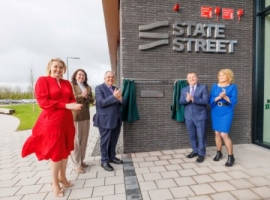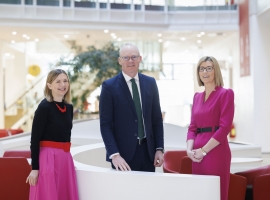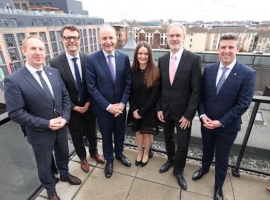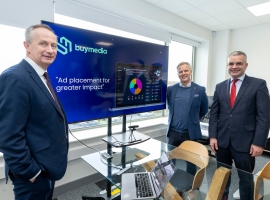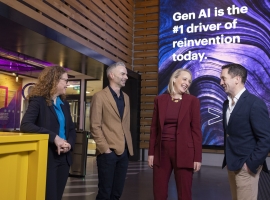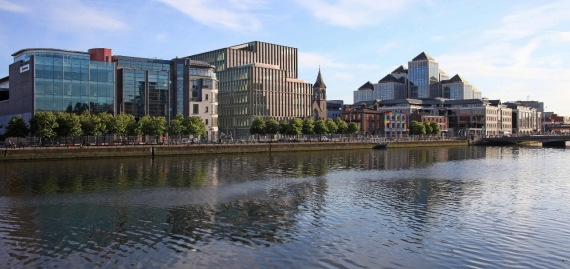
A booming economy, rising rents and continued low interest rates drove spending on income-producing property in Ireland to €2.28bn in 2017. This is according to the latest instalment of Savills Investment Report which was released today.
While this is 30% above the 15-year average it represents a considerable slowdown compared with 2016 when two blockbuster sales – of Blanchardstown and Liffey Valley Shopping Centres in Dublin – propelled turnover to just under €4.5bn. Savills say the slowdown in spending reflects the fact that, after 4 years of very brisk trading, many investment properties are now in stable long-term ownership.
To put the sheer volume of investment activity in perspective, one third of Dublin’s office stock, and all 6 of its major suburban shopping centres, have changed hands since 2013.
While the supply of investment product is tightening, Dr. John McCartney, Director of Research at Savills, says that there are still plentiful opportunities for investors to deploy capital in Ireland. McCartney says re-trades of assets bought earlier in the cycle will provide ongoing opportunities for investors. These include individual assets and properties which were packaged within portfolios that are now being broken up. McCartney claims the speculative development pipeline is also now producing buildings which will be completed, let and sold off as investments.
Illustrating the potential supply that could still come from re-trades, Savills analysis shows that private equity funds have purchased €2bn more than they have sold in recent years. With these buyers typically targeting a 3-5-year hold, divestment by private equity, players should continue to produce opportunities for others in the coming years. In contrast to Ireland’s property boom days, foreign investors continued to account for more than half (53.3%) of the total investment spend in 2017.
Furthermore, the report indicates that with more limited availability of standing investments, investors are increasingly focusing on development assets. Some are directly developing their own buildings. Others are pre-purchasing assets that are yet to be built, or are pre-funding developers to build properties for them.
McCartney says that either by providing direct funding, or by making development projects ‘bankable’, these forward commitment contracts have facilitated considerable development that would otherwise have been difficult to achieve in a context of very tight bank lending for speculative development.
While offices remain a popular choice for property investors, and accounted for the highest proportion of turnover for the fourth year out of the last five, one of the biggest stories of 2017 was the emergence of residential and industrial as sectors of choice.
According to Savills, investors are attracted to rental apartment blocks by chronic undersupply in the private rented sector. Rapidly rising house prices and restrictive mortgage lending have led to a 39,500-person growth in the number of private renters in Ireland in 12 months. With supply failing to keep up rents are rising and will be strongly underpinned by demand for the foreseeable future, according to Savills. Here, as in other sectors, limited available stock is steering investors towards forward commitments.
Commenting on the report, McCartney said, "Looking ahead we expect favourable investment conditions to continue. On the demand side, consensus forecasts indicate that Ireland’s economy should outperform again in 2018 and 2019. This will underpin occupational markets and our forecast is for further rental growth across all sectors of the market. While interest rates are destined to eventually begin migrating back to more normalised levels, current thinking is that rate hikes are unlikely before mid-2019."
He added, "On the supply side, we believe the trend towards forward commitment arrangements to continue. But speculative development and re-trades will also ensure ample opportunities for investors of all shapes and sizes to deploy capital."
Source: www.businessworld.ie


